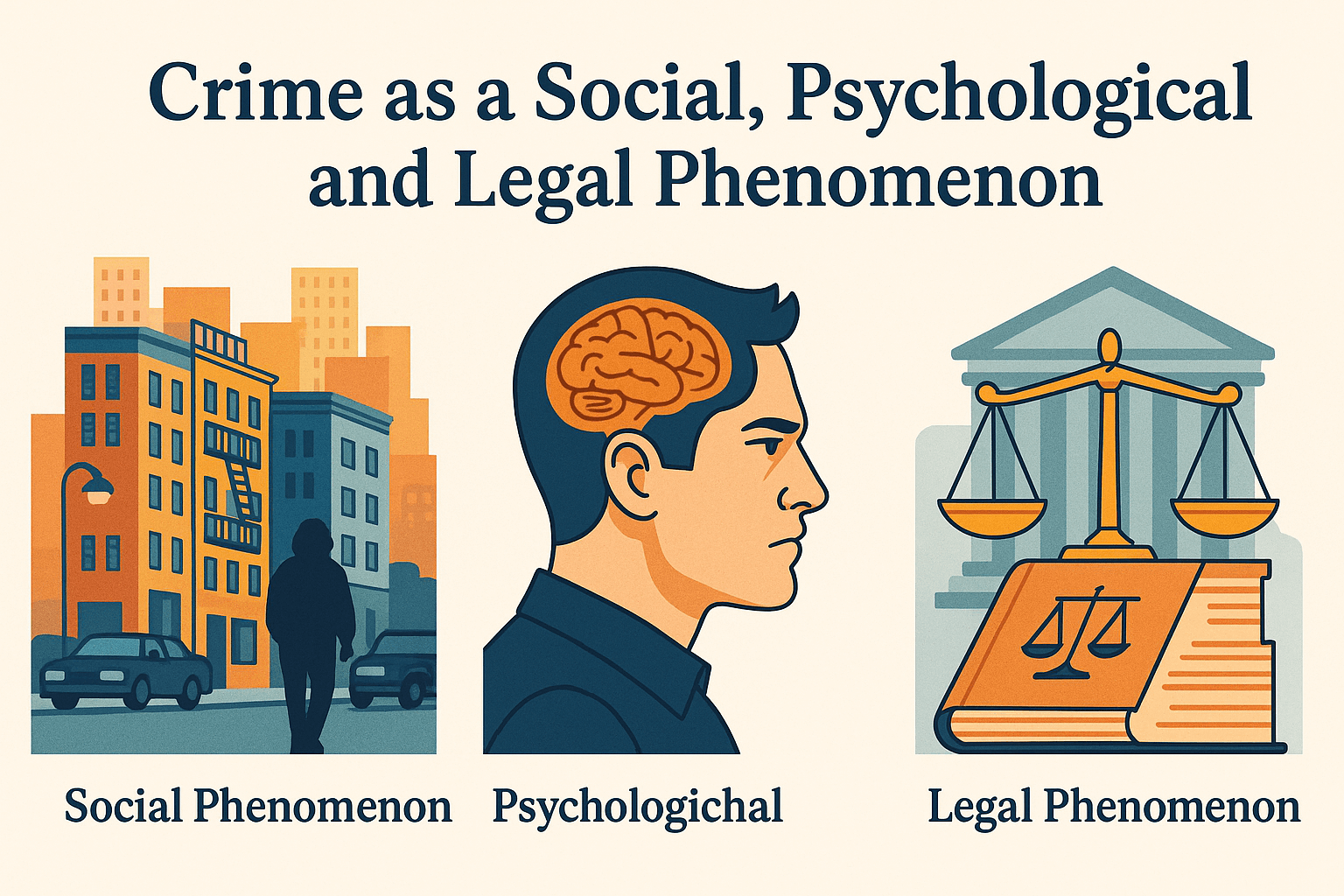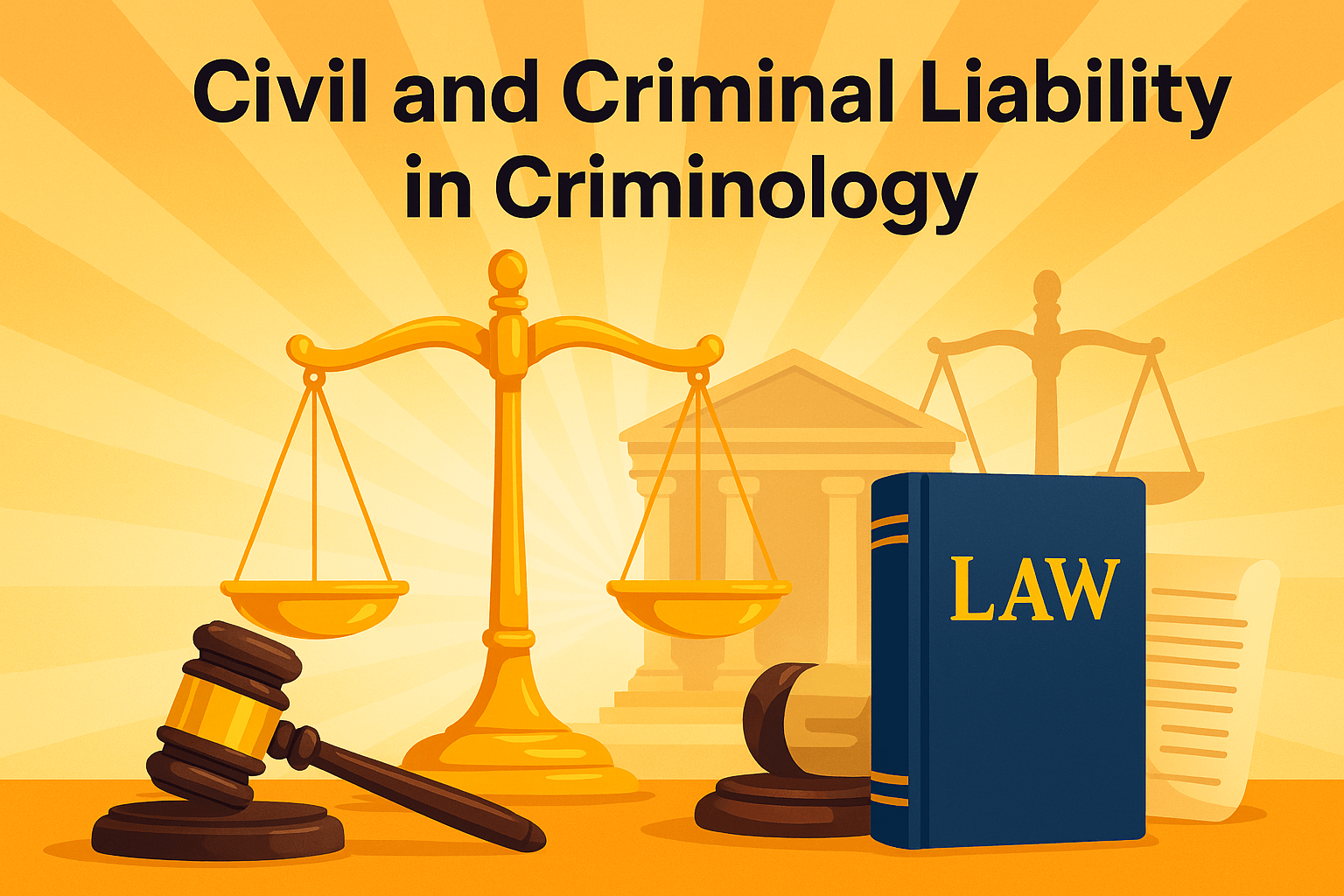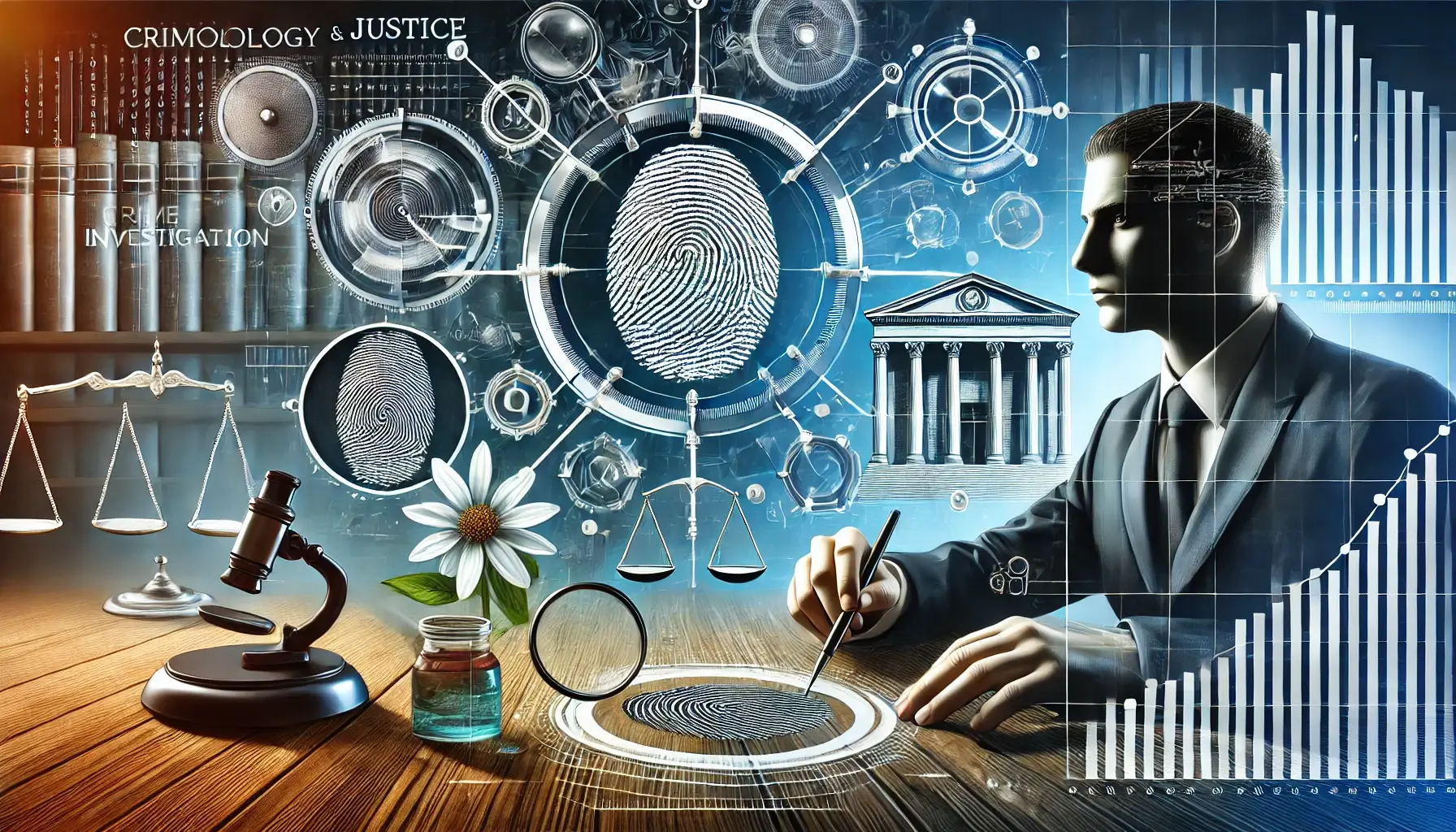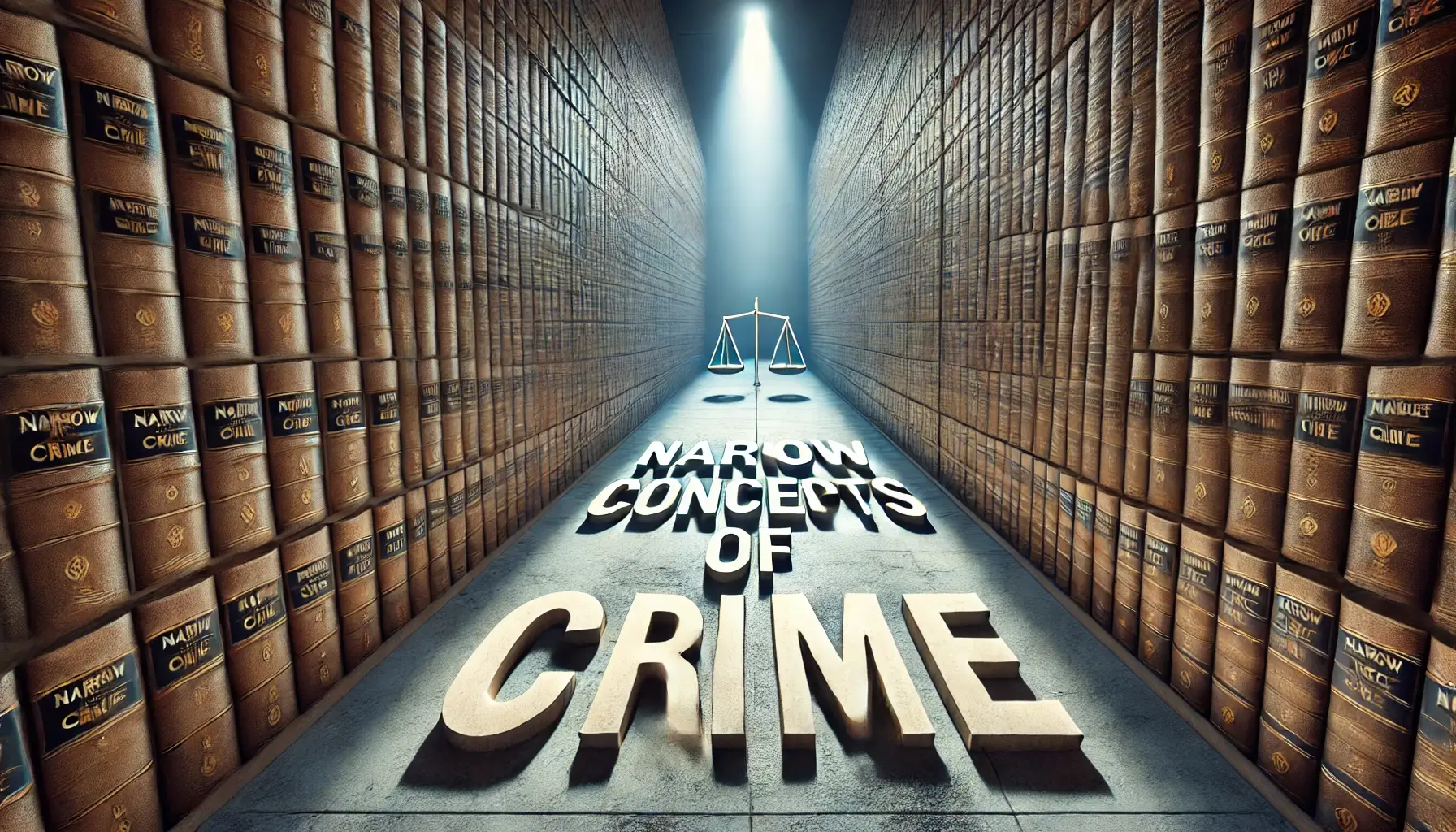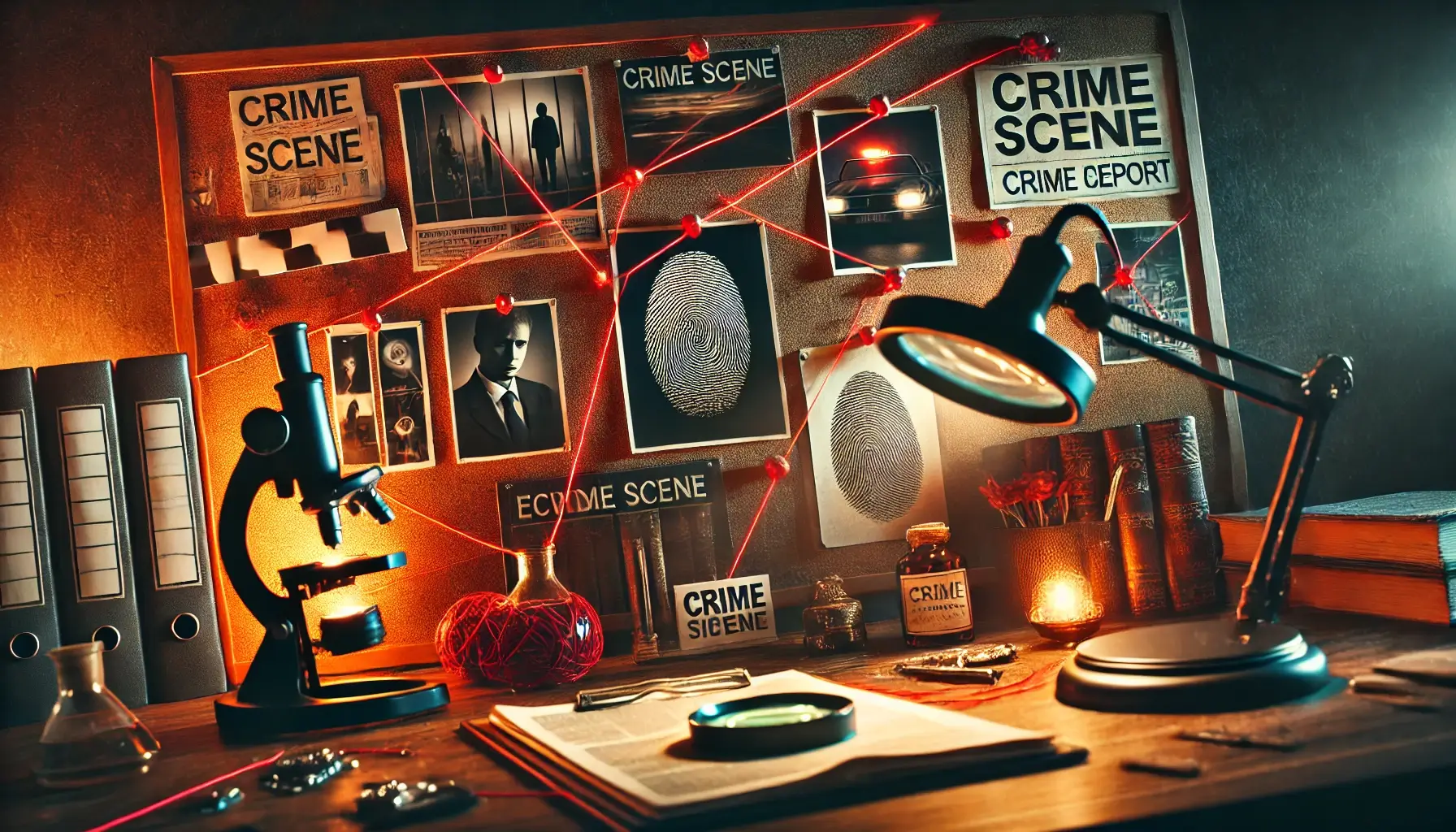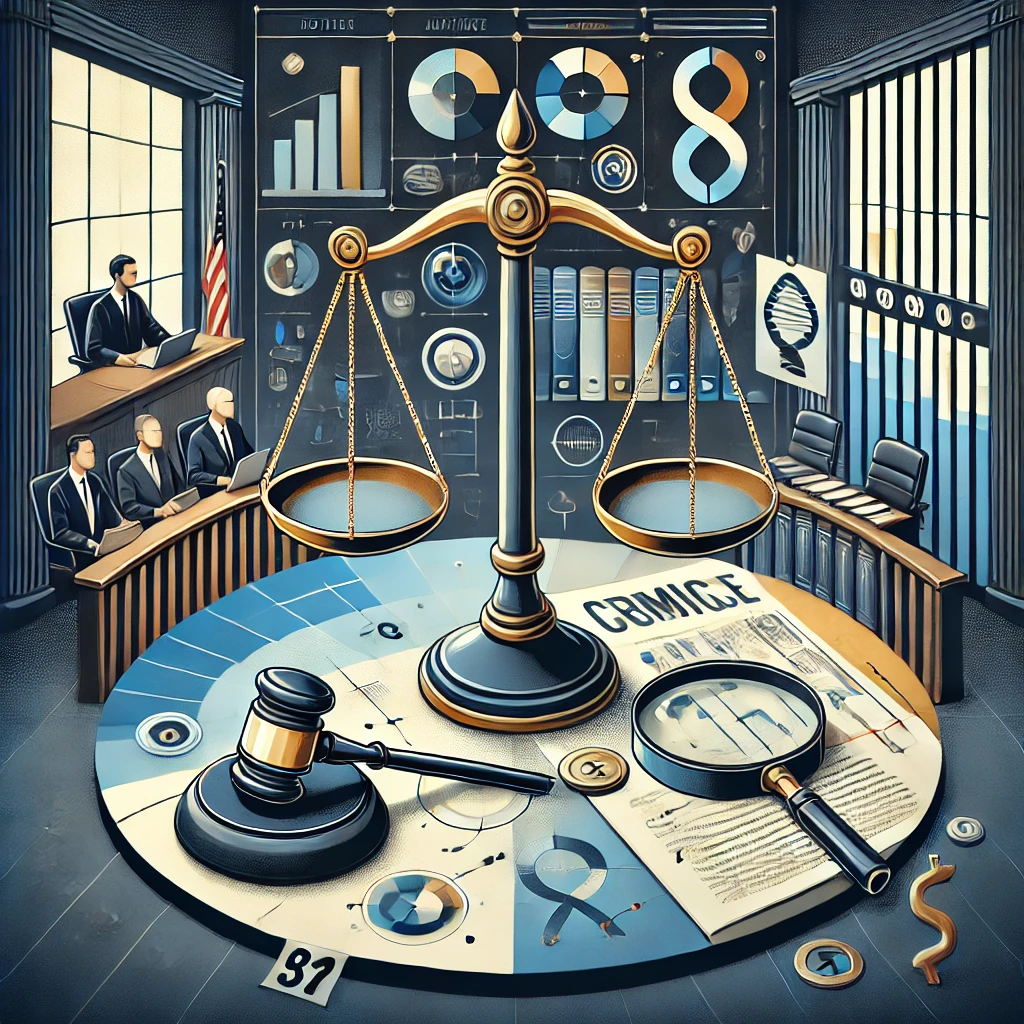Crime as a Social, Psychological, and Legal Phenomenon
Introduction Crime is not merely the violation of written law—it is a mirror reflecting deeper societal, psychological, and institutional realities. Far from being a standalone incident, crime is a complex and layered occurrence, deeply rooted in historical, cultural, emotional, and legal frameworks. Every crime, whether minor or severe, carries behind it a series of causes … Read more

